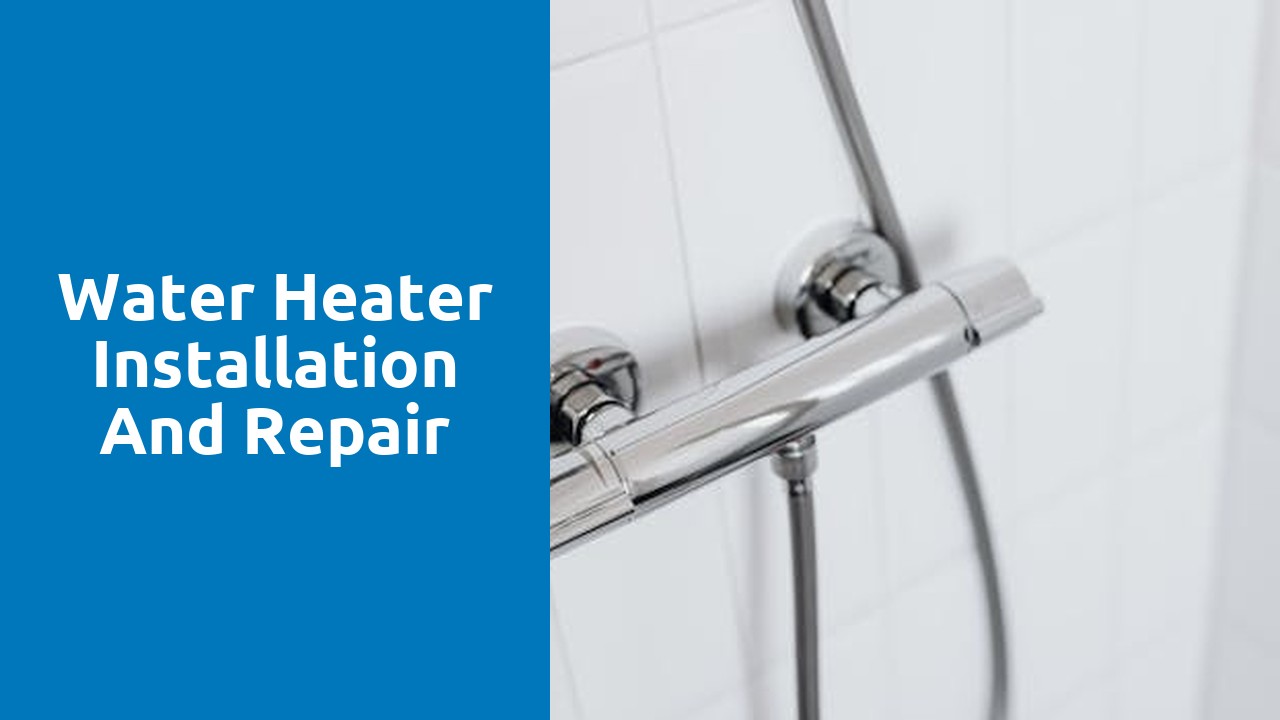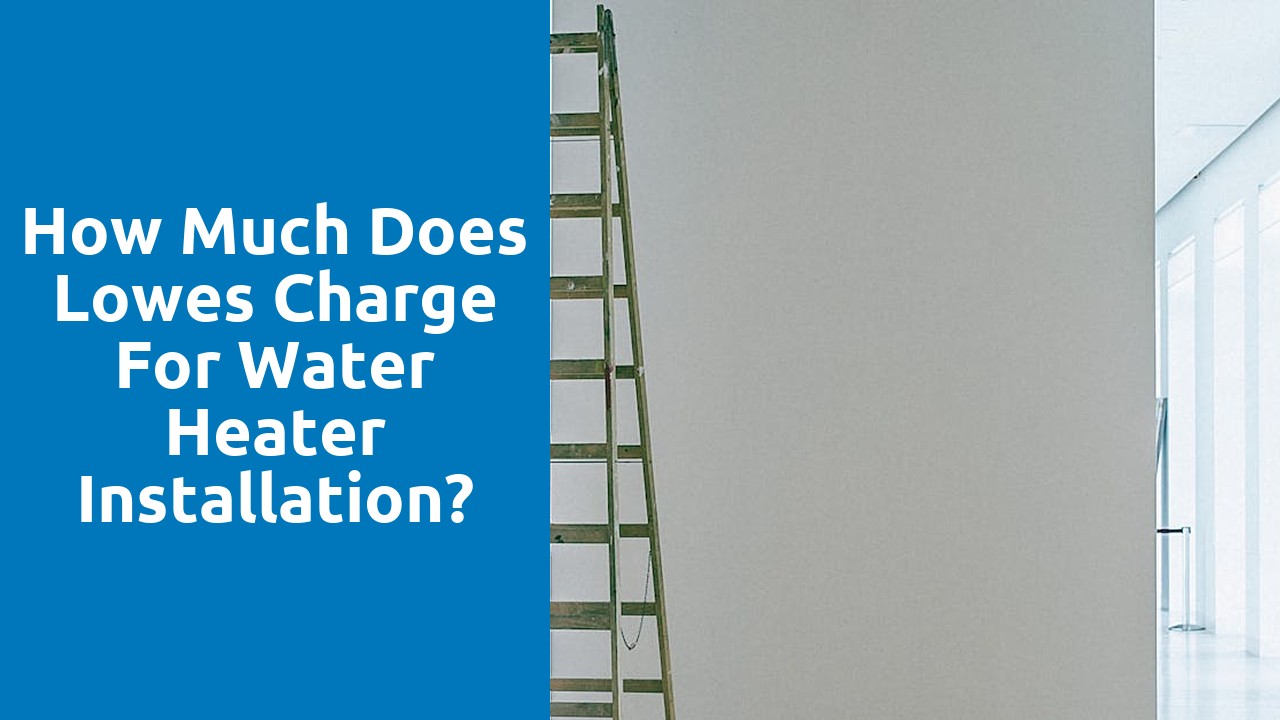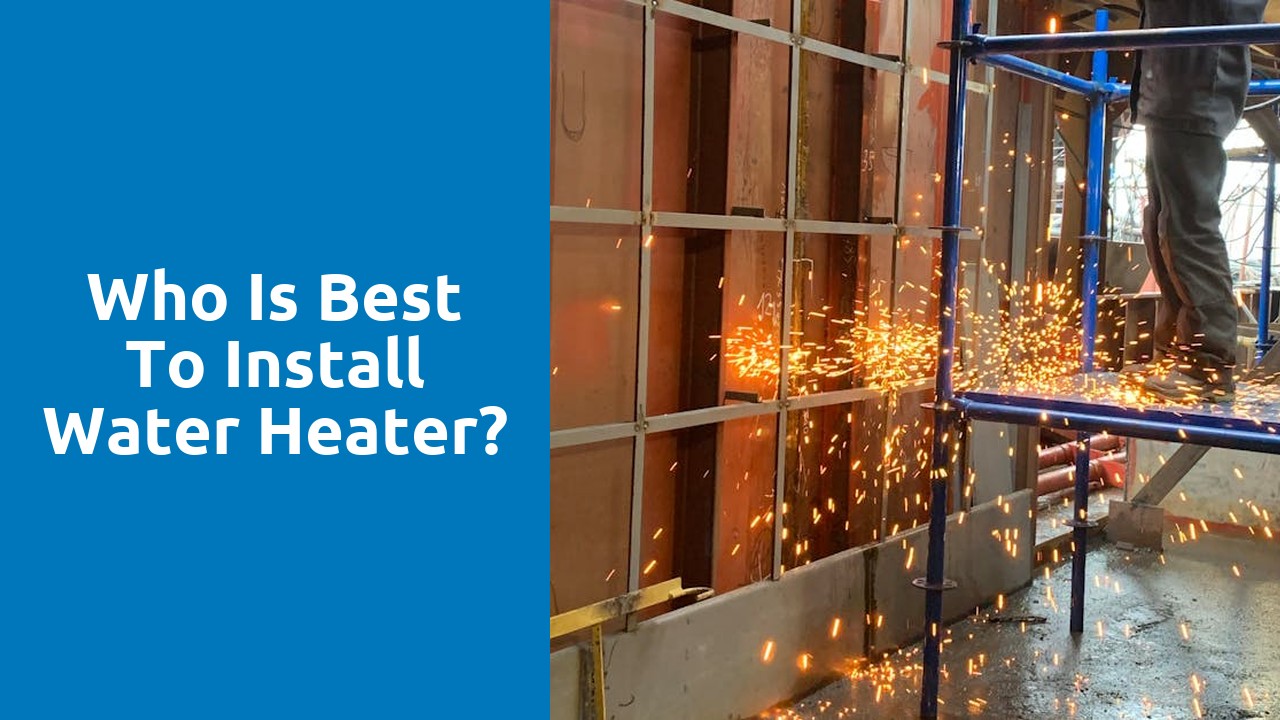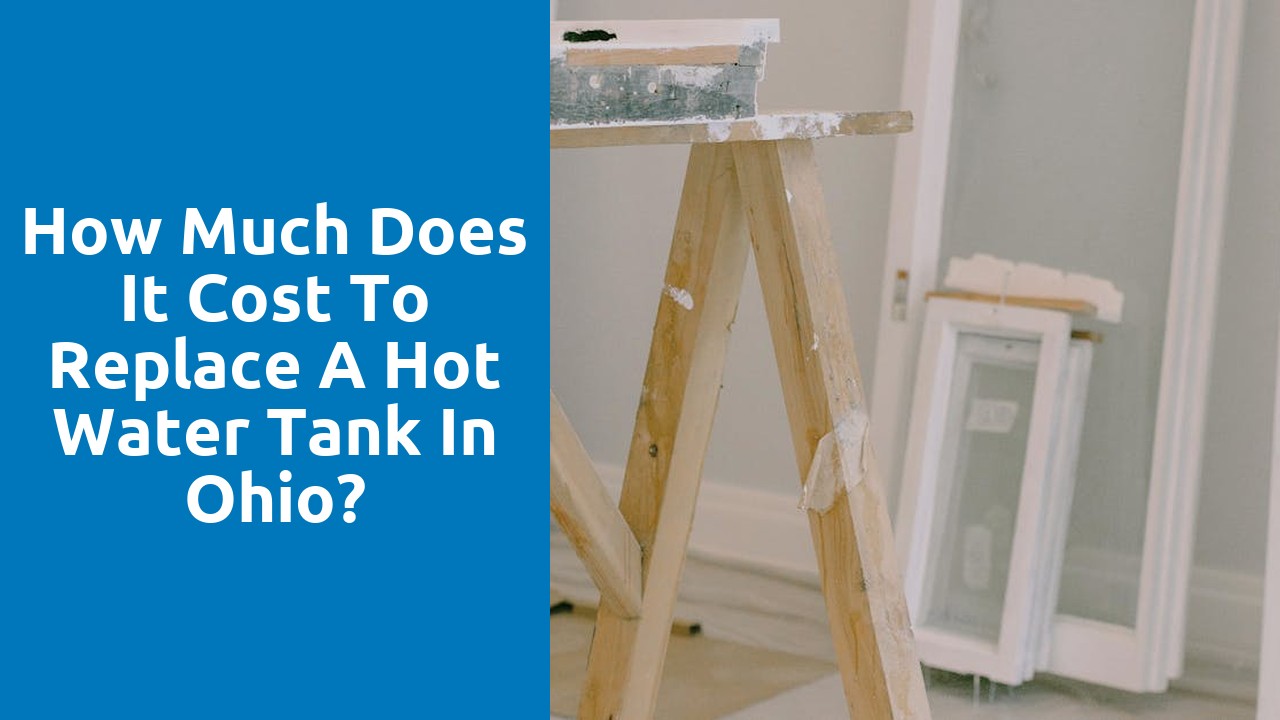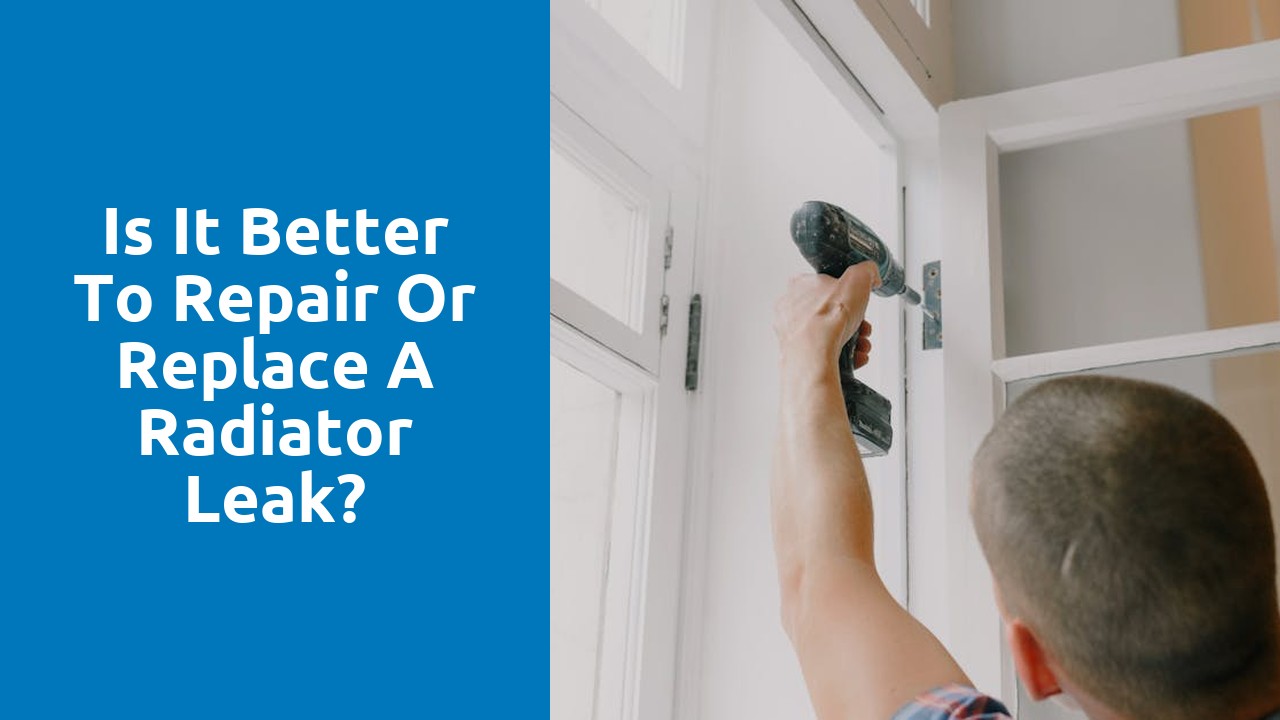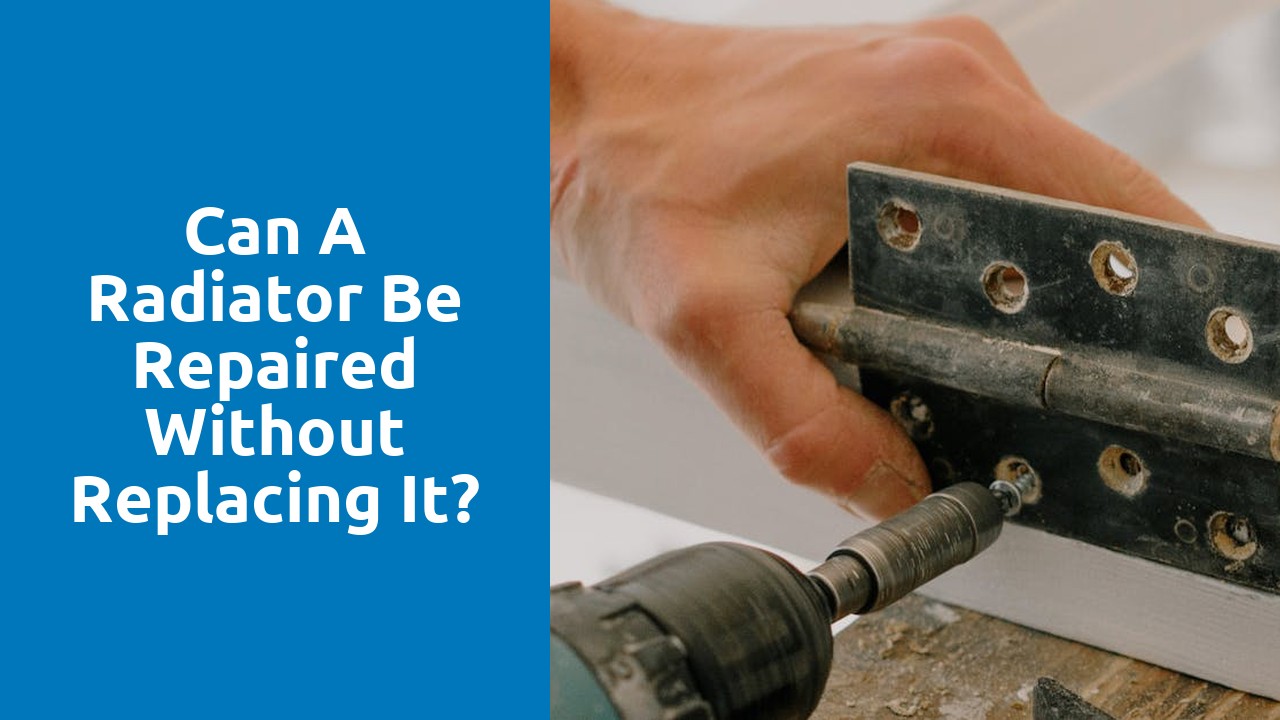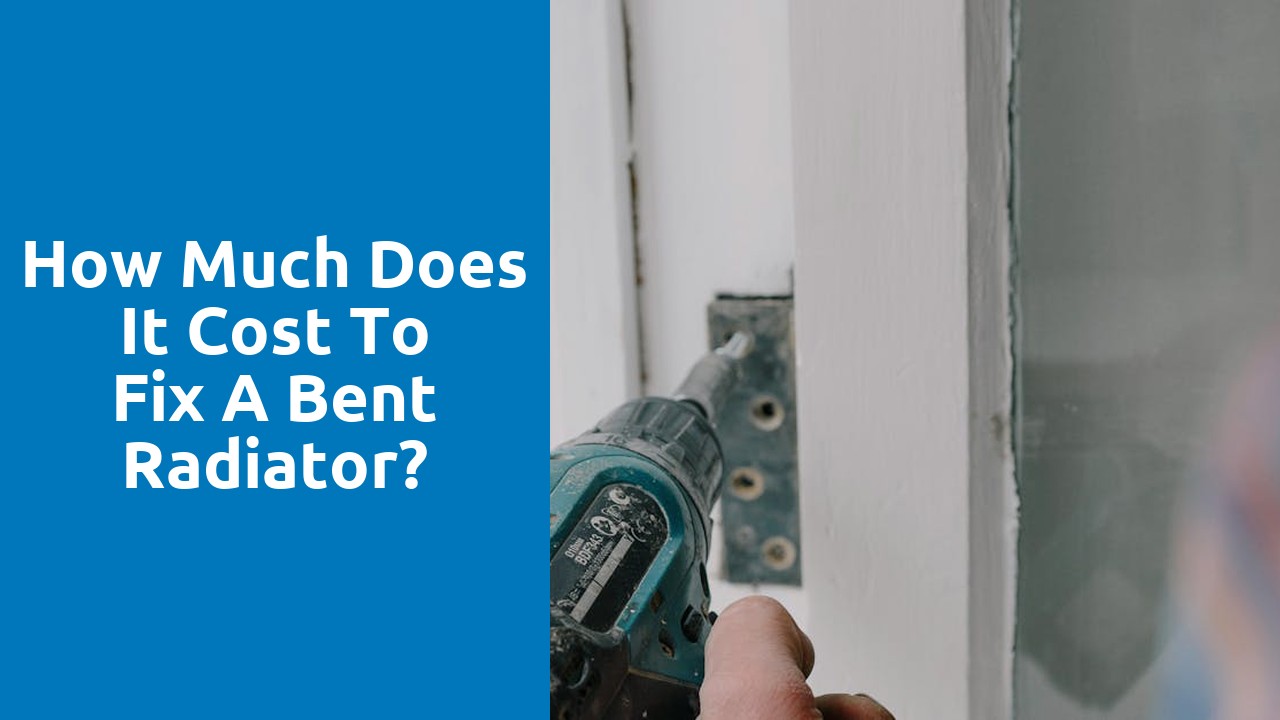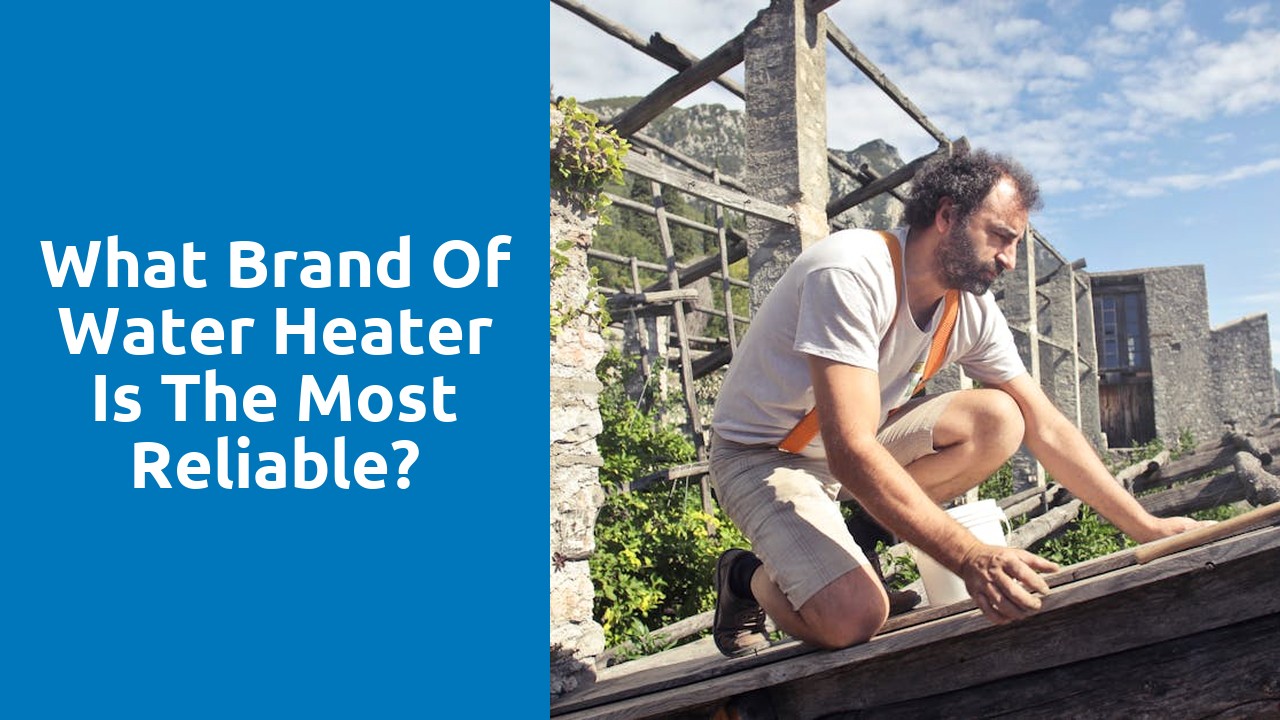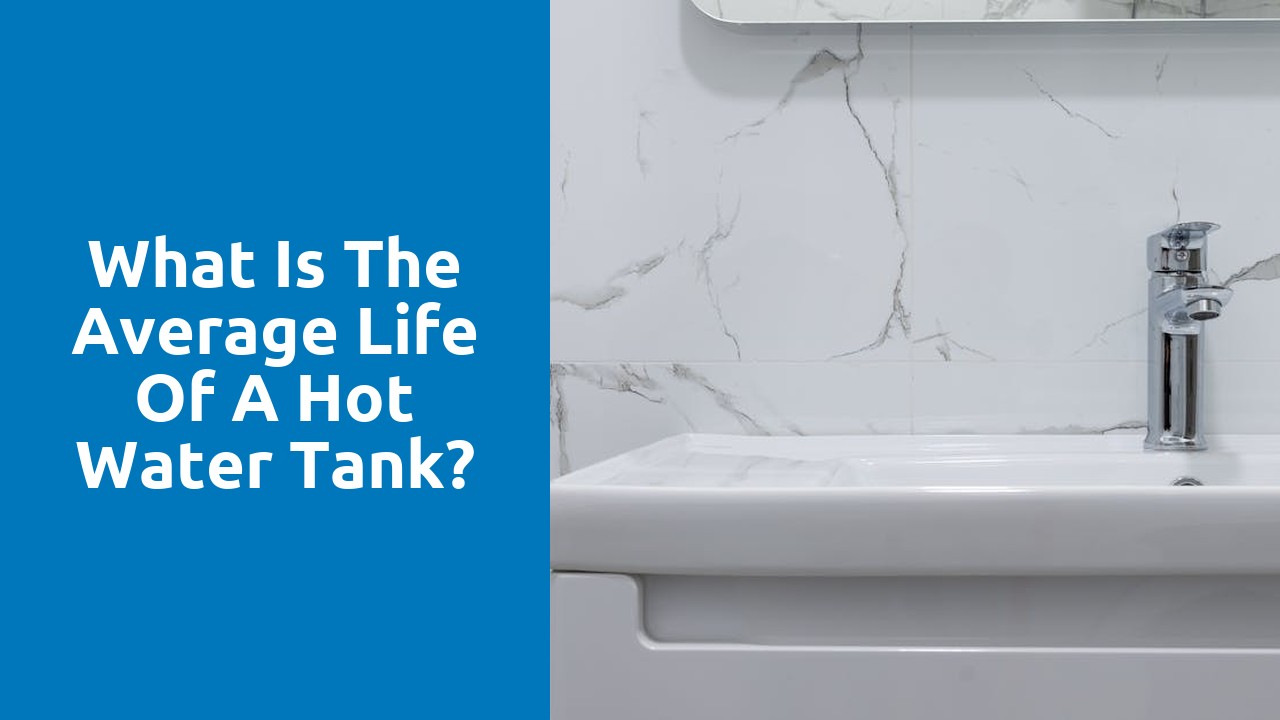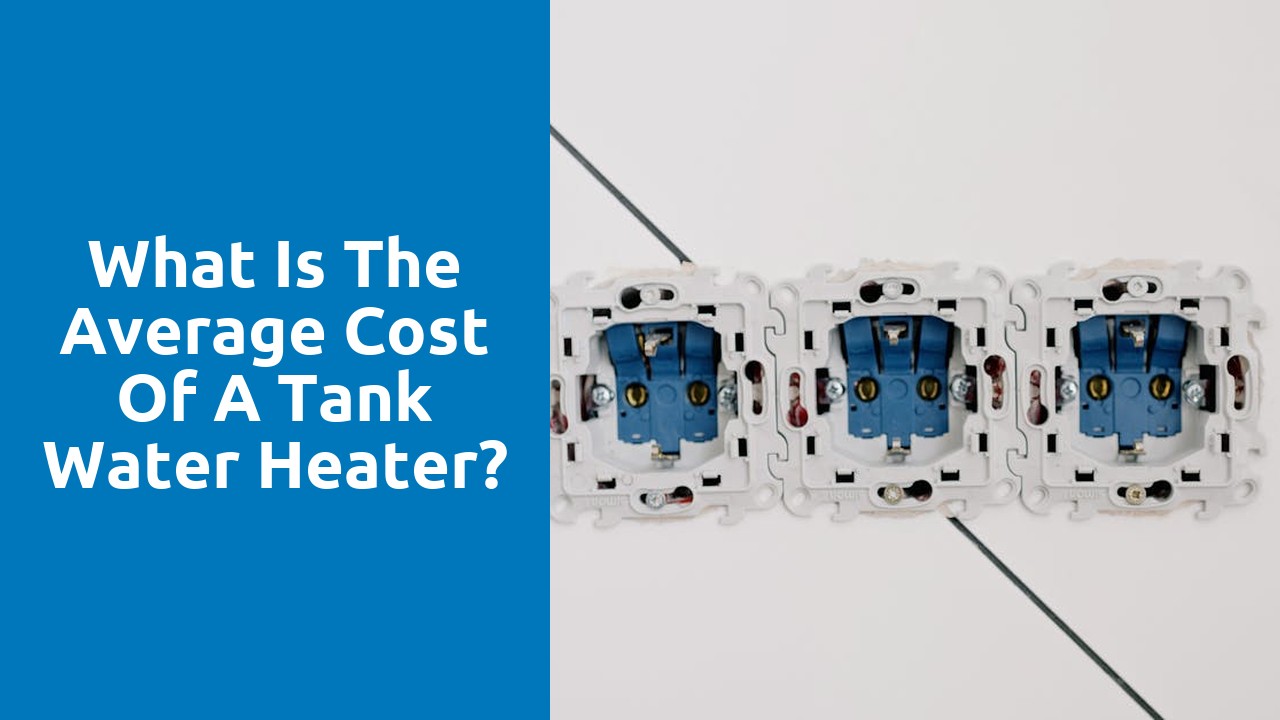
Table Of Contents
Environmental Impact of Repairing a Radiator
When considering the environmental impact of repairing a radiator versus replacing it, there are several factors to keep in mind. Repairing a radiator often involves reusing existing parts and components, which can help reduce the overall waste generated. By opting for repairs instead of replacements, you can contribute to a more sustainable approach in the maintenance of your heating system. Water heater installation and repair in West Eighties, Cleveland, for instance, may focus on fixing leaks or addressing minor damages, prolonging the lifespan of the radiator and minimizing unnecessary disposal of materials.
Furthermore, repairing a radiator typically consumes less energy compared to manufacturing a new one. This reduced energy consumption translates into a lower carbon footprint, helping to mitigate the environmental impact of the heating system. Choosing repair over replacement can also lead to a decrease in the demand for new resources and raw materials, promoting a more eco-friendly practice. Water heater installation and repair in West Eighties, Cleveland, may emphasize the importance of sustainable solutions in maintaining household heating systems.
Disposal of Old Parts and Coolants
When it comes to disposing of old radiator parts and coolants, it is vital to handle them in an environmentally responsible manner. Proper disposal not only prevents harm to the environment but also safeguards human health. Always make sure to follow local regulations and guidelines for disposing of these materials safely. Water heater installation and repair in West Eighties, Cleveland, can provide assistance in the proper disposal of old radiator components and coolants, ensuring that they are handled correctly and do not pose a risk to the environment.
Improper disposal of radiator parts and coolants can lead to contamination of soil and water sources, impacting ecosystems and wildlife. By partnering with reputable services like water heater installation and repair in West Eighties, Cleveland, you can rest assured that the disposal process is conducted with care and consideration for the environment. Responsible disposal practices contribute to sustainable waste management and help protect the world we live in.
Environmental Impact of Replacing a Radiator
When considering the environmental impact of replacing a radiator, it is crucial to weigh the energy efficiency benefits against the environmental costs. Modern radiators are designed to be more energy-efficient, which can lead to reduced energy consumption and lower carbon emissions. However, the production and transportation of new radiators also contribute to a carbon footprint, which should be factored into the overall environmental impact assessment.
Water heater installation and repair in West Eighties, Cleveland, presents an opportunity to evaluate the recycling potential of old radiators. Proper disposal and recycling of old radiator parts and coolants can minimize waste and reduce the environmental impact of radiator replacement. By ensuring that old radiators are recycled efficiently, the environmental consequences of replacing a radiator can be mitigated to a certain extent.
Energy Efficiency and Recycling Potential
When considering the energy efficiency and recycling potential of replacing a radiator versus repairing it, it's essential to weigh various factors. Radiator replacement often leads to manufacturing new parts and disposing of the old ones, which can have a substantial environmental impact. On the flip side, repairing a radiator can contribute to reducing waste and conserving resources. It is imperative to consider how the discarded parts and coolants from a replaced radiator are handled to minimize the ecological footprint associated with the process. Engaging in environmentally conscious practices around radiator replacement or repair can help us move towards more sustainable solutions. Water heater installation and repair in West Eighties, Cleveland, can also benefit from a focus on recycling obsolete parts and proper disposal of coolant substances.
Recycling potential plays a vital role in the life cycle of radiators. Components of old radiators can often be recycled, reducing the need for new resources and minimizing the energy required for manufacturing. By prioritizing recycling when replacing radiators, we can contribute to a more circular economy and reduced environmental impact. Additionally, considering the energy efficiency of a newly installed radiator is crucial. Utilizing energy-efficient models can lead to long-term savings on utility bills and reduce the overall ecological footprint of heating systems. When contemplating options like water heater installation and repair in West Eighties, Cleveland, it's essential to factor in the recycling potential and energy efficiency of the chosen solution.
DIY Repair Options for Radiators
When considering DIY repair options for radiators, it's important to first assess the complexity of the issue. Minor leaks or clogs can often be fixed with basic tools and some spare time. Common repairs include patching small leaks with epoxy, tightening loose fittings, or replacing faulty valves. However, for more complex problems like major leaks or internal corrosion, it might be best to seek professional help to avoid causing further damage to your radiator system. Water heater installation and repair in West Eighties, Cleveland is available for those who prefer expert assistance.
It's crucial to weigh the pros and cons of DIY radiator fixes. While DIY repairs can save money on labor costs, they can also be time-consuming and may not always provide a long-term solution. Additionally, if repairs are not done correctly, they can lead to more extensive damage and potentially costly repairs down the line. For those who are confident in their skills and knowledge of radiator systems, DIY repairs can be a viable option. However, if in doubt, it's wise to consult with professionals in water heater installation and repair in West Eighties, Cleveland, to ensure the job is done effectively and efficiently.
Pros and Cons of DIY Radiator Fixes
DIY radiator fixes offer homeowners cost-saving opportunities, allowing them to avoid service fees and potentially reduce the overall expense of maintaining their heating systems. With readily available tutorials and affordable repair kits, individuals can take charge of their radiator issues and address them promptly. This hands-on approach fosters a sense of accomplishment and independence, instilling confidence in one's ability to troubleshoot minor problems within the household. In instances where professional assistance is not immediately accessible or affordable, DIY repairs can serve as a practical solution to ensure a functioning heating system.
However, DIY radiator fixes come with inherent risks, especially for individuals lacking experience or expertise in plumbing and HVAC systems. Incorrectly addressing radiator issues can result in further damage, potentially leading to costly repairs or replacements in the long run. Moreover, improper repairs may compromise the efficiency and safety of the heating system, posing risks to the occupants of the home. It is essential to weigh the benefits against the potential drawbacks of DIY radiator fixes carefully, considering factors such as skill level, time constraints, and the complexity of the heating system. Water heater installation and repair in West Eighties, Cleveland.
FAQS
Is it more cost-effective to repair or replace a radiator?
The cost-effectiveness of repairing versus replacing a radiator depends on the extent of the damage and the overall condition of the radiator. In some cases, repairing a radiator may be a more affordable option, while in others, replacing it could be the better choice.
What are the environmental implications of repairing a radiator?
Repairing a radiator can have positive environmental impacts by reducing the amount of waste generated. By fixing a radiator instead of replacing it, you can help minimize the disposal of old parts and coolants, thus contributing to a greener approach.
How should old radiator parts and coolants be disposed of?
Old radiator parts and coolants should be disposed of properly to prevent environmental contamination. It is important to follow local regulations for the disposal of hazardous materials and consider recycling options for any components that can be reused.
What environmental impact does replacing a radiator have?
Replacing a radiator can contribute to environmental waste if the old radiator is not properly recycled or disposed of. However, new radiators may offer improved energy efficiency and the potential for recycling, which can help offset the environmental impact.
Are there DIY repair options available for radiators?
Yes, there are DIY repair options for radiators that can be cost-effective for minor issues. However, it is important to consider the pros and cons of DIY radiator fixes, as improper repairs can lead to further damage and potentially higher costs in the long run.
